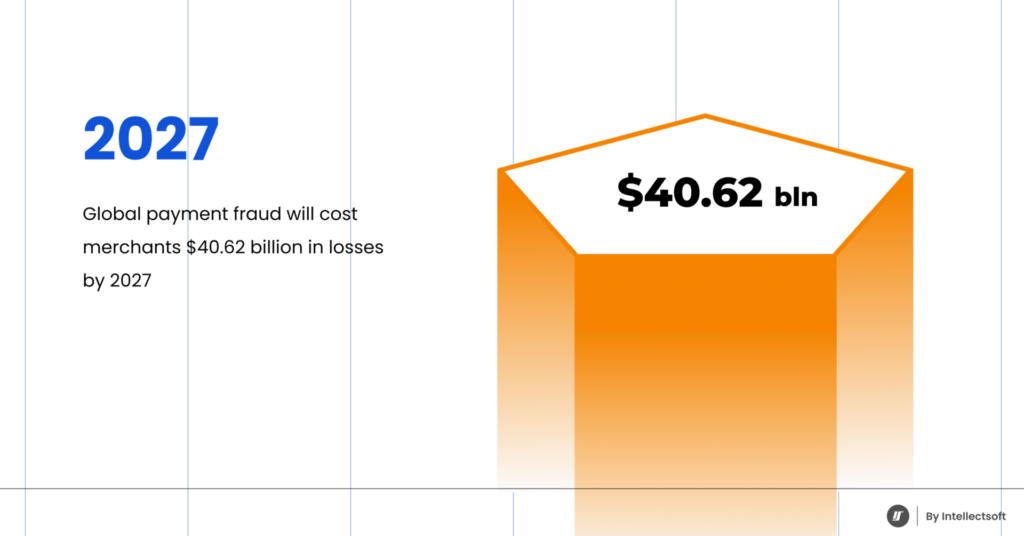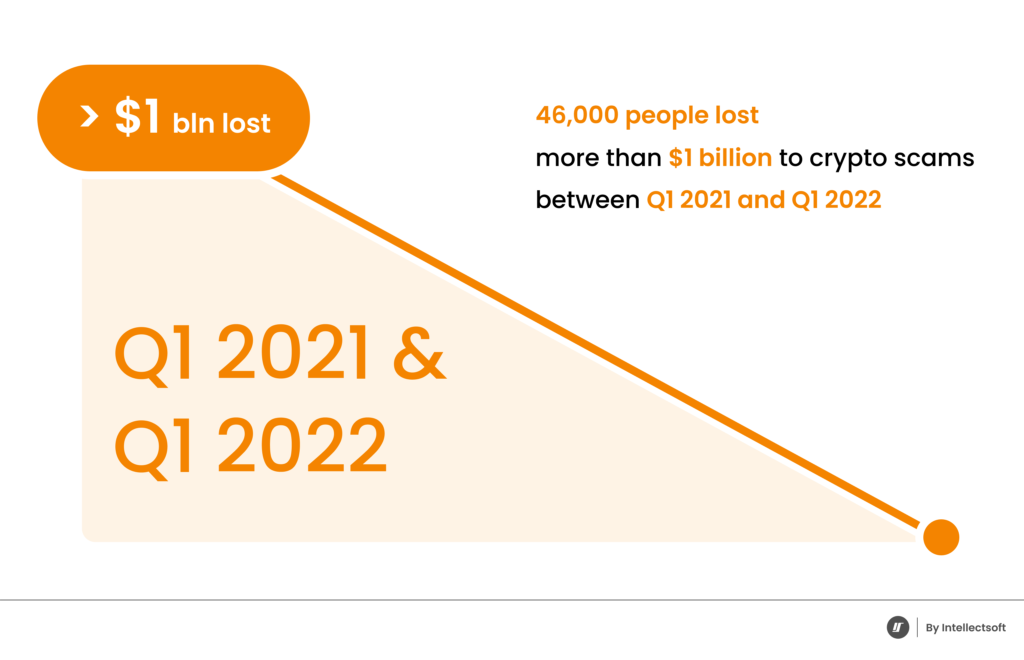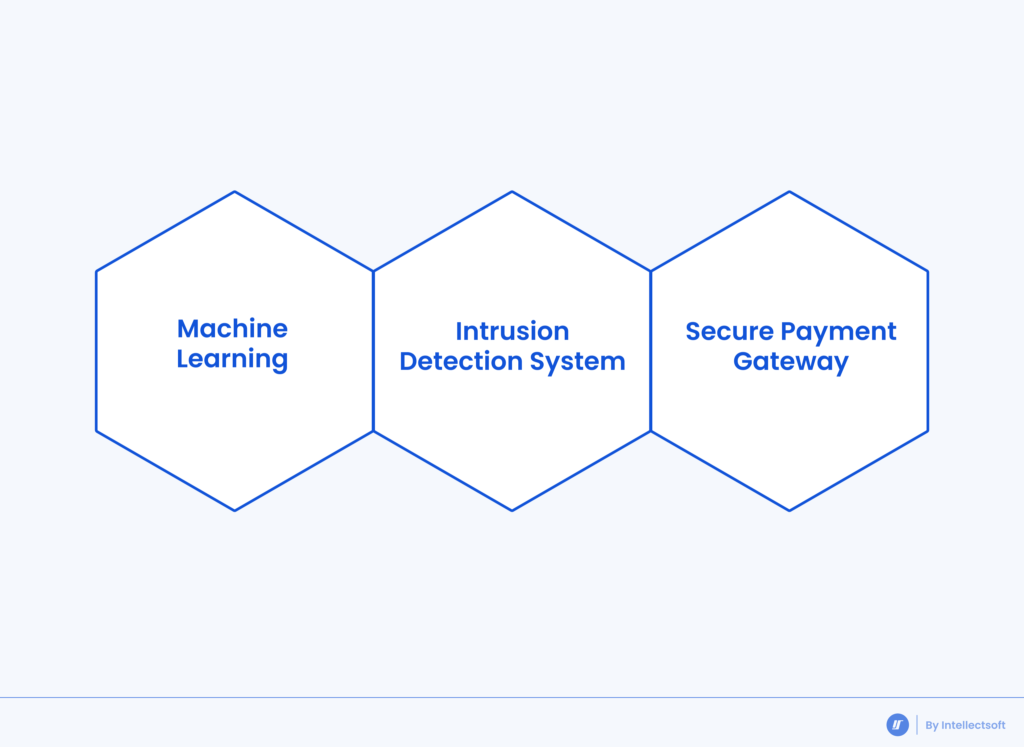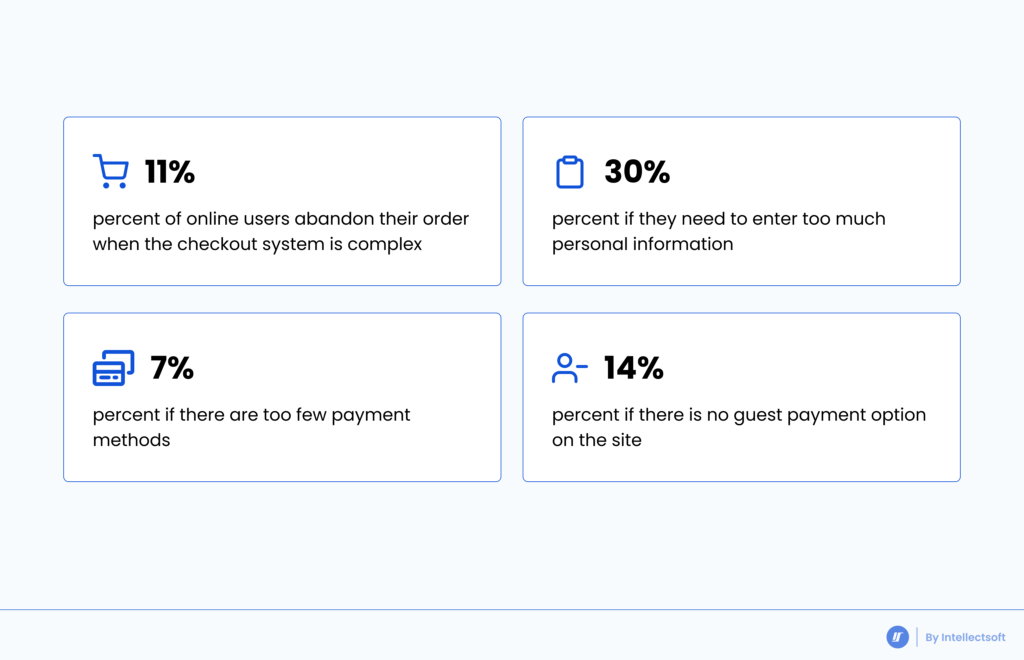As with any transaction, doing business online comes with risks.
With a brick and mortar shop, you wouldn’t just leave the front door open after closing, leaving it vulnerable to theft and vandalism. So, why leave your company unguarded on the digital side?

Did you know that during PwC’s Global Economic Crime and Fraud Survey 2022, about 46 percent of organizations surveyed reported experiencing fraud, corruption or other economic crimes in the last 24 months?
Preventing online payment fraud is a difficult challenge. Thankfully, brands are aware that protecting their customers from external attacks should be first and foremost on their minds.
And instead of being reactionary, many are choosing the proactive route as a way of gaining a competitive edge against other players in the industry.
Fraud Prevention for Online Payments as a Competitive Advantage
Online fraud protection is no longer a buzzword thrown about by brands claiming hassle-free transactions.
Companies now know the value of offering this service as a “must have.” And if they want to be viewed as a trusted brand, it goes part in parcel with the product.
The key is understanding what you’re up against. It comes down to data — a crucial component to building a strategy to tackle online fraud and prevent it from happening again.
Before the start of the pandemic, e-commerce sales worldwide had seen gradual growth. With the onset of COVID-19, the numbers grew at an exponential rate.
Unfortunately, with more online transactions came more fraudulent activities.
Global payment fraud will cost merchants $40.62 billion in losses by 2027, according to the latest figures.

Let’s look at what this means for a single brand — this equates to over 350 percent of Apple’s reported net income in the 2021 fiscal year.
A recent survey also found that daily attacks on retail websites spiked to more than 75,000 by the 15th and 30th of every month.
Online payment fraud losses include the sales of digital goods, physical goods, money transfer transactions and banking.
Attacks can include phishing, business email compromise and social engineering fraud.
The question is, do you want your company to end up as another statistic when it comes to theft and online transaction fraud?
In this article, we’ll unpack why companies and industries need to strengthen their defenses, look at successful case studies and fraud prevention techniques.
Image describing topic on page
Why is Fraud Prevention Important?
Benjamin Franklin once said, “An investment in knowledge pays the best interest.”
It’s imperative that you arm yourself with the knowledge and understanding of the importance of fraud prevention. But first, we need to look at the definition.
In a nutshell, fraud prevention is a strategy implemented to detect fraudulent online purchases or banking transactions and prevent these actions from causing not only financial, but reputational damage to the customer and financial institution.
But there are other aspects to online fraud prevention as well. Most companies are well aware of the Dark Web. However, its influence spreads far beyond Hollywood cybercrime movies and pop culture.
Fraudsters are currently exchanging your information on the Dark Web after obtaining it and monetizing it by using sophisticated malware techniques.
This doesn’t mean that you can’t take measures to protect your business. Thanks to sophisticated fraud prevention technology, you can ensure your company’s online security is one step ahead.
The key is to be aware of online transaction fraud and how to prevent it.

Who Needs to Use Fraud Prevention?
E-commerce Industry
The e-commerce sector has grown in leaps and bounds over the past few years, thanks to the proliferation of innovative advances such as digital wallets and AI. The customer experience was also improved thanks to CRM integration.
So, it comes as no surprise that the total cost of e-commerce fraud to merchants is likely to exceed $48 billion globally in 2023.
Fraud prevention is tantamount to stem the massive losses from online transaction fraud in e-commerce and B2B sales.
Banking and Financial Institutions
Financial crime is probably one of the biggest headaches for the banking and finance industry.
The evolution of digital payments, as well as real time payments, has created a myriad of challenges, requiring banks to keep up with the growing online threats that could see them lose billions every year.
And it’s not just account hacking. Fraudsters have adopted sophisticated ways of flying under the radar.
For example, social engineering scams target impressionable account holders, while data security breaches are easy pickings for low-hanging fruit, especially when using public Wi-Fi.
It’s for these reasons that fraud management solutions need to be put in place before fraudulent actions take place.
Cryptocurrency
The fast-growing cryptocurrency sector may have reached a tipping point.
The same regulations that govern the banking sector do not apply here. For those who don’t understand how the system operates, transparency and trust are big issues.
And because this type of currency has been negatively associated with cybercrime, its biggest selling point — anonymity — is now working against it.

According to the Federal Trade Commission, 46,000 people lost more than $1 billion to crypto scams between Q1 2021 and Q1 2022, and currently, crypto scams account for 40 percent of all dollars reported lost to fraud on social media, Thomson Reuters reported.
Hospitality sector
Many people who book via online travel platforms have found themselves victims of credit card fraud and identity theft.
Hotel and airline loyalty programs have also been used as pawns in enterprise fraud.
These programs have evolved to offer liquid assets such as gift cards, airline tickets and travel packages. It was only a matter of time before fraudsters found a way to exploit the lack of security and protection by taking over accounts, Deloitte reported.
Airline ticketing fraud scams are also on the increase. Airlines Reporting Corporation’s manager of fraud investigations, Doug Nass, told Travel Weekly that the airline ticketing fraud schemes resurfaced after remaining dormant since 2014.
It also comes as no surprise that the travel and hospitality fraud sector is fuelled by data breaches. Since January 2021, over 4.4 million leaked credentials related to airlines, travel and hospitality organizations were reported to cybersecurity companies.
Common Online Payment Schemes
Personal Fraud
In most cases, people feel ashamed of being tricked and many incidents of personal fraud go unreported.
Unscrupulous criminals target the desperate and lonely, using psychological tactics to bait their victims.
We all know the cautionary tale from the hit Netflix docuseries Tinder Swindler, and the term “it will never happen to me” was on everyone’s lips. But are you sure it could never happen to you?
Social engineering scams is a broad term that refers to exploiting someone’s trust in order to swindle them out of money, and is especially rife on social media.
According to Interpol, this scam is used to target a wide audience in order to gain as many victims as possible.
This can happen in many ways, including phishing, telecom fraud, romance scams and sextortion.
The FBI’s Internet Crime Complaint Center reported that this type of fraud cost victims about $956 million in 2021.
Other forms of personal fraud are credit card fraud, identity theft and Ponzi schemes.
Business Fraud
Having valuable data compromised is the last thing any company needs.
Yahoo! suffered a major blow in 2016 when news broke that the tech firm experienced the biggest breach with three billion user accounts compromised.
Even in the aftermath, Yahoo! is still dealing with a class action lawsuit and settlement payments to affected users.
Here’s another thing to consider — if your brand has an online presence, it is susceptible to e-commerce fraud.
When publishing its 2019 phishing and counterfeiting report, Forbes identified more than 4.2 million fraud websites.
Unfortunately, these fake sites are notoriously difficult to take down, and the longer they stay up, the more damage they do to brand authority and business-customer relationships.
The most common fraudulent schemes targeting online users are fake online stores and fraudulent giveaways and sweepstakes, fake streaming services and phishing-related banking and payment sites.
Fraud Prevention Techniques

Machine Learning
Machine learning (ML) has become one of the most advanced technologies used across different industries.
Because of its innovative characteristics, ML can be a viable tool for detecting and preventing fraudulent activity such as blackmailing and breaching servers in search for valuable data.
A subset of data science, ML is programmed to learn and improve from experience, which means the technology will be improving systematically.
So how does it work? ML detects fraudulent activities and based on the information it receives, provides an instant response to any suspicious actions. The result is that your company receives valuable insights for fighting future cases of such activities.
Intrusion Detection System
Cybersecurity issues in the hospitality industry will cost this sector approximately $6 trillion per year on average after 2021, a study published by ResearchGate found.
Cyber attackers use hacking methods to obtain data like clients’ personal information and sensitive business information.
Intrusion detection technology analyzes all activity on the internal network or any other system to detect suspicious activity, intrusions and attacks.
Intrusion detection systems detect internal attacks and authorized attacks.
Secure Payment Gateway
Yes, you’re selling a quality product, but how secure is your payment gateway?
When clicking “proceed to payment,” customers want convenience and security. If your company can’t deliver either, chances are they’ll buy the same product from a competitor.

According to the latest figures, 11 percent of online users abandon their order when the checkout system is complex, 12 percent if they need to enter too much personal information, 7 percent if there are too few payment methods and another 14 percent if there is no guest payment option on the site.
The technology that a secure payment gateway provides is peace of mind for your customer, who will readily visit your e-commerce website again for another purchase.
The premise is simple enough. The secure payment gateway acts as an interface between the supplier website and its customer.
Another very important function is the encryption of confidential data, like the client's credit card information.
Using Fraud Prevention to Gain a Competitive Advantage
Transformation is inevitable. No one knows this better than brands competing in the online space.
If you want to stand out, offering your customer a seamless, secure experience will convert to sales. And that’s the end game — making money.
But to make money, you have to invest in reliable systems to ensure you’re not vulnerable to internal or external attacks.
Once you realize the importance of online fraud prevention and implement the technology, you’re already two steps ahead of your competitors.
And don’t forget, it saves you time, money and valuable resources.

Consider Intellectsoft Your Trusted Partner
With more than 15 years of experience, Intellectsoft is a digital transformation consultancy and technology provider that prioritizes establishing an end-to-end partnership approach with its customers - that range from growing startups to multinational corporations.
Intellectsoft’s mission is to transition brands into a new digital era with the help of new technologies and impactful software solutions.
But don’t just take our word for it. Our impressive portfolio of clients includes Fortune 500 companies, including Jaguar, Walt Disney, Audi and Universal.
Intellectsoft created an iPad app for Harley-Davidson’s exhibition staff, helping brand reps visually showcase product customizations through a “user mentor” feature that works in more than 15 languages.
With the app, brand reps could seamlessly sign prospective clients up newsletters and test rides, while the integration of SSL ensured safe handling of all data.
Why choose Intellectsoft?
From consumer-oriented apps or to transformative enterprise-class solutions, Intellectsoft is a trusted authority in the digitization process.
Conclusion
Now that you have the facts and know the risks of not using online fraud prevention technology for your company, there’s no question of why. Rather, ask yourself when?
FAQ
What is online payment fraud?
Online payment fraud is any type of illegal transaction done by a cybercriminal, resulting in a loss of revenue.
How do I avoid online payment fraud?
Always keep abreast of the latest fraud trends and partner with a verified digital consultancy such as Intellectsoft.
Who needs to use fraud prevention?
E-commerce, mining, hospitality, healthcare, banking and financial institutions are just a few of the industries susceptible to online fraud. Based on our case studies, Intellectsoft has experienced varying degrees of success with clients because we offer a tailor-made service.
What type of technology is used for online fraud prevention?
Intellectsoft uses machine learning, which detects fraudulent activities and based on the information it receives, provides an instant response to any suspicious actions. Our areas of expertise also include digital wallets, AI and robotic process automation (RPA).
How do I use online fraud prevention as a competitive advantage?
A proactive business owner will know that data is king when it comes to fraud prevention and chargebacks.
By adopting a strategy based on the data received, a savvy merchant is at an advantage. Remember, the right fraud prevention strategy will reduce chargeback disputes, save money and improve customers’ experience and trust.